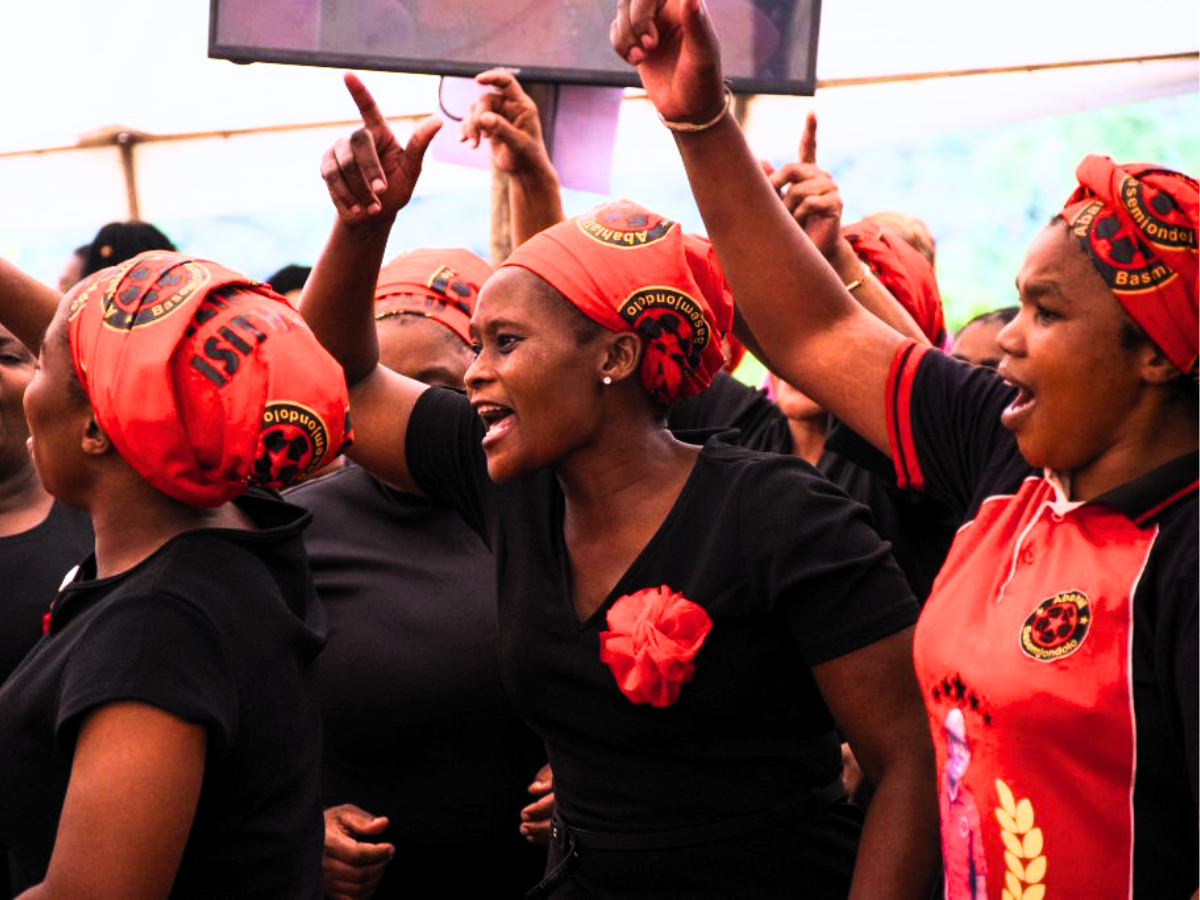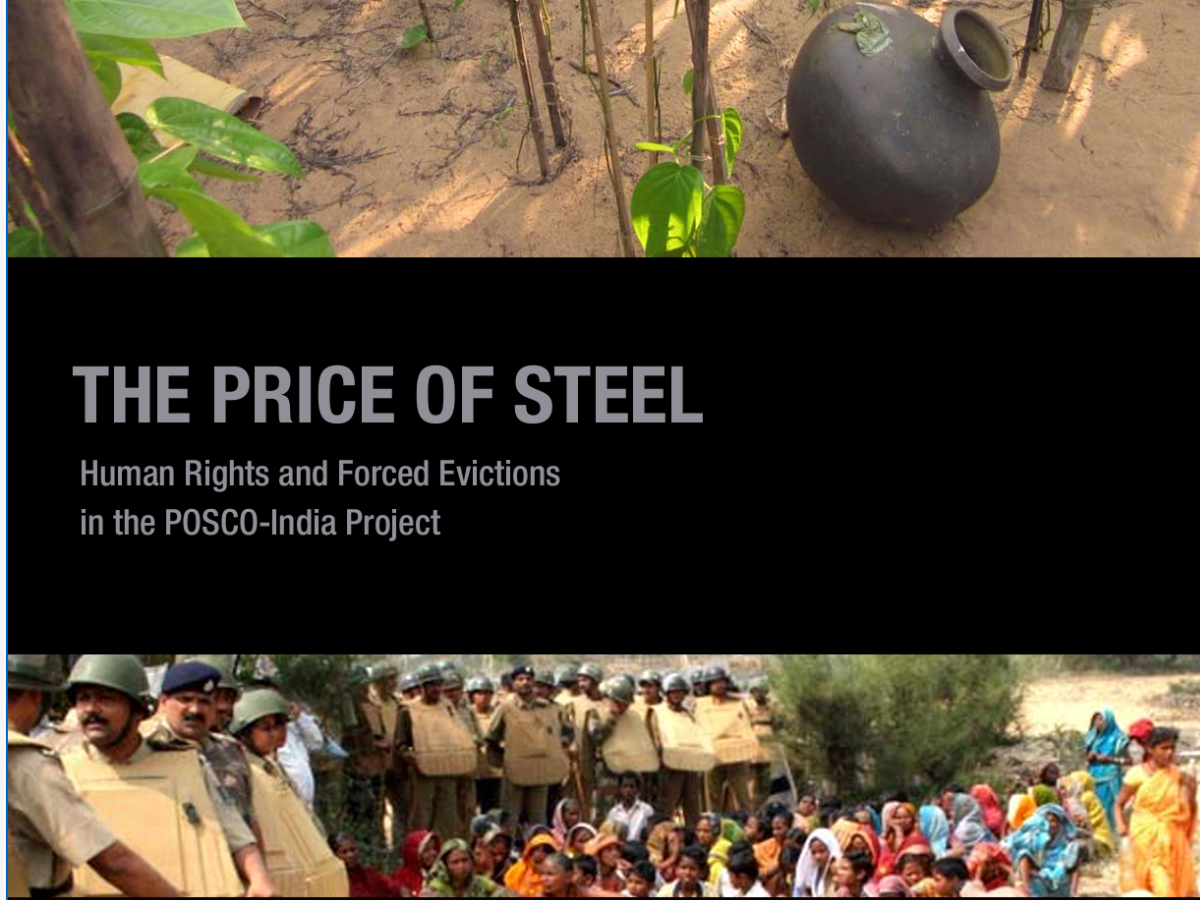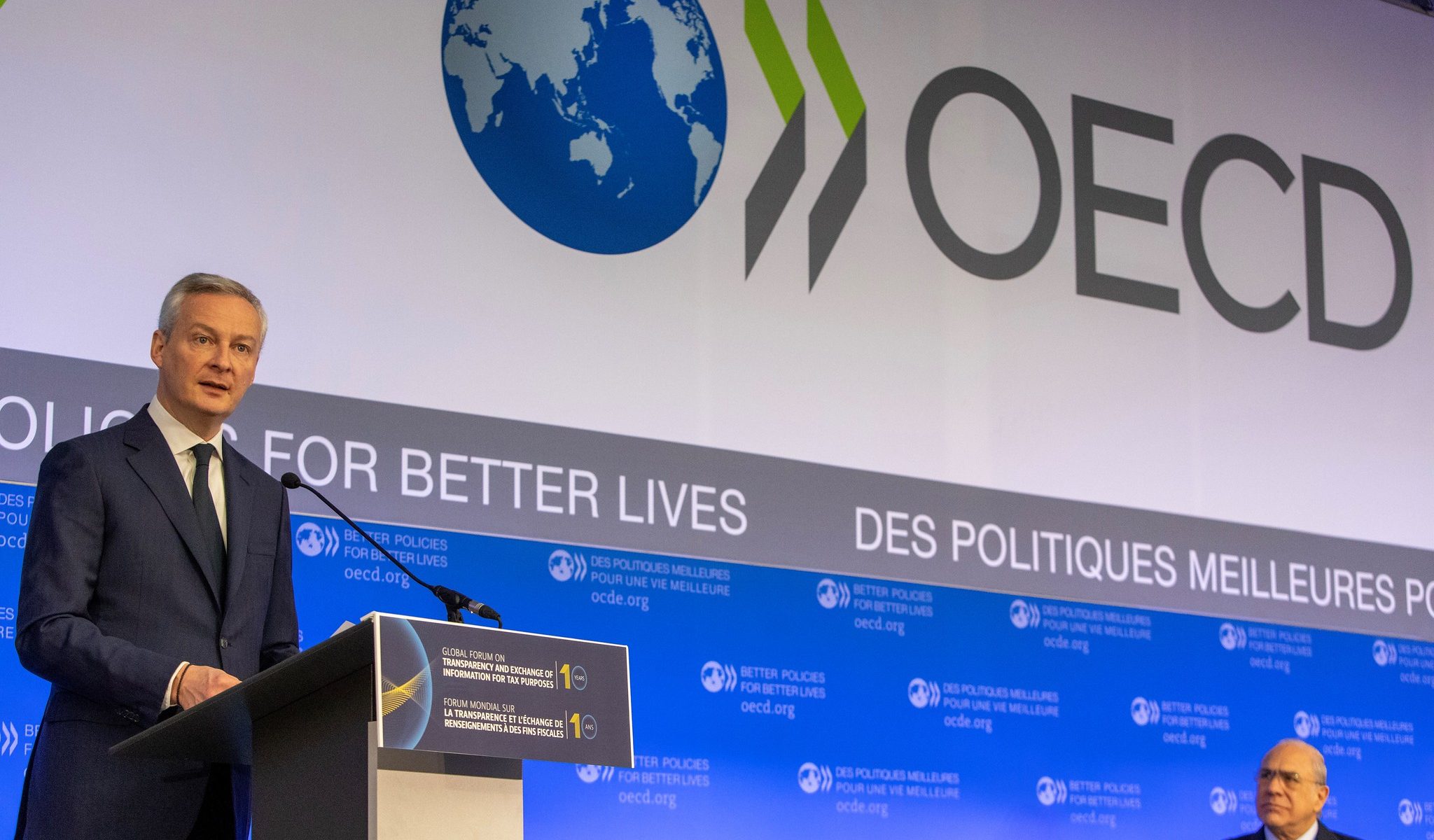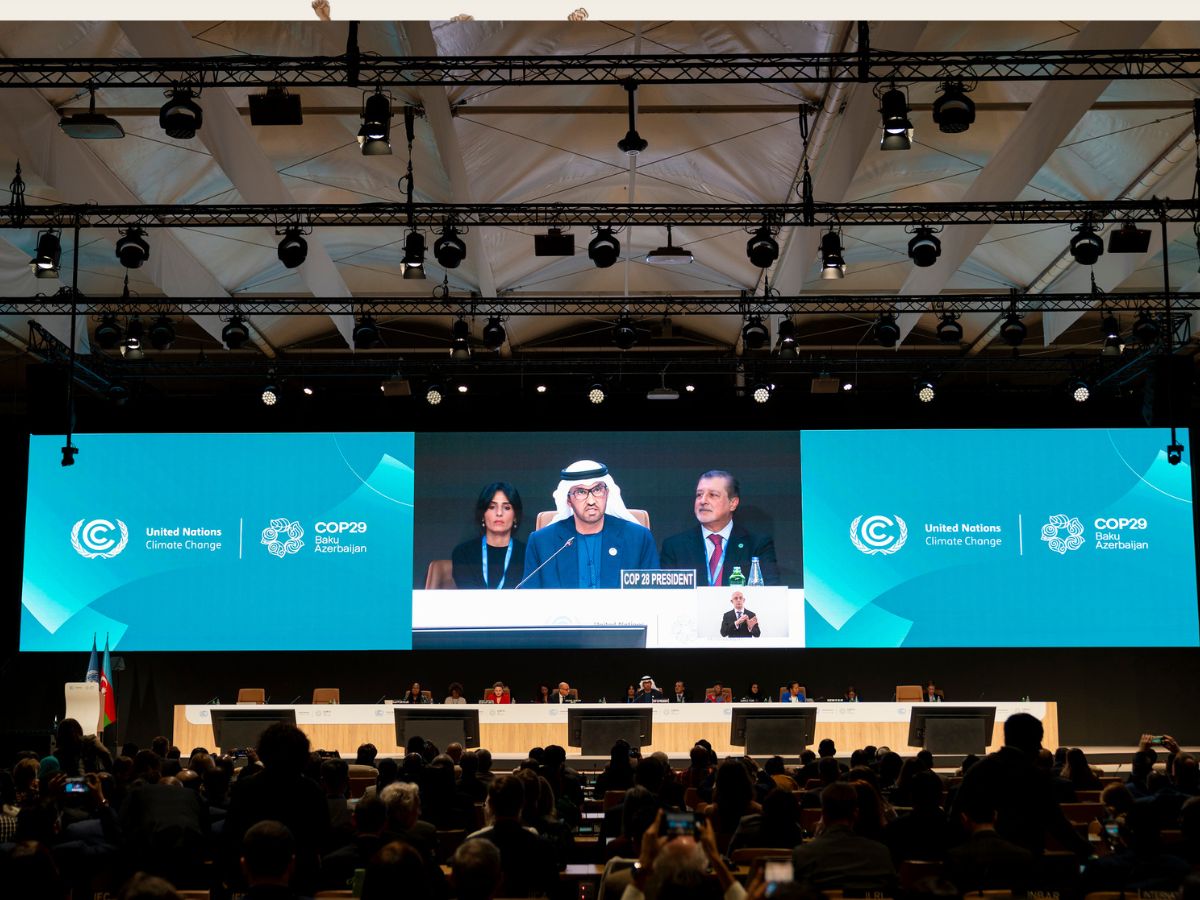We unequivocally condemn the violent evictions and racist attacks targeting poor black communities in South Africa, particularly the members of Abahlali baseMjondolo, who have long led the struggle for land, dignity, and justice. We affirm our solidarity with Abahlali baseMjondolo and the communities they represent, whose humanity and right to adequate housing are non-negotiable. Their struggle is tied to the broader fight for economic, social, and cultural rights around the world.
The recent granting of eviction orders in Ballito, Umhlali, and other areas along the North Coast of KwaZulu-Natal are part of a disturbing trend of state-sanctioned violence against the poor. Wealthy elites, with the support of militarized security companies and complicit local governments, are driving these evictions to push poor Black communities off land deemed “prime” for development . This is not just a local issue; it is a symptom of a larger, global system of oppression that criminalizes the poor and uses racism to justify violence.
The racist video released by the Dolphin Coast Residents & Ratepayers’ Association is only the latest in a series of attacks designed to demonize poor Black communities and incite violence. This rhetoric, which paints impoverished people as criminals and health hazards, draws directly from colonial stereotypes used to dehumanize Black communities and justify state repression . We can draw a straight line between this racist propaganda and the systemic violence faced by Abahlali baseMjondolo and other poor Black communities across South Africa and the world.
For years, Abahlali baseMjondolo has fought courageously for land, dignity, and decent living conditions. Their struggle is not only about resisting evictions; it is about creating grassroots solutions and envisioning a society where land is not treated as a commodity but as a resource for building dignified lives. Their demands are simple: the right to live on the land, the right to housing, and the right to a life free from violence and state repression . These are rights enshrined in both the South African Constitution and international law, including the International Covenant on Economic, Social and Cultural Rights (ICESCR), which South Africa ratified .
This violent repression is being fueled by political leaders who, rather than addressing the root causes of inequality and violence, are criminalizing the poor and weaponizing race to divide communities. It is clear that this is not just about land—it is about power. The power of the rich, shielded by the state, is being used to violently displace poor Black communities, while political leaders look the other way .
We stand with Abahlali baseMjondolo in demanding an end to these evictions, an end to state and private security violence, and recognition of their right to remain on the land . We also call for an investigation into the racist actions of the Dolphin Coast Residents & Ratepayers’ Association and demand that the South African Human Rights Commission hold those responsible for inciting violence accountable .
We understand that the fight for land and housing is also a fight against systemic racism, economic inequality, and state violence. Abahlali baseMjondolo’s resistance is rooted in a long history of grassroots organizing that demands not just an end to evictions but a reimagining of how land and resources are distributed and valued . Their struggle is a critical part of the global movement for economic, social, and cultural rights.
We oppose any state responses to this violence that simply increase police powers and further criminalize the poor. True safety and justice for the communities represented by Abahlali baseMjondolo can only come through policies that prioritize human dignity, land redistribution, and access to essential services—not through increased state violence.
We commit to standing with Abahlali baseMjondolo and all communities fighting for their rights to land, housing, and dignity. Their struggle is our struggle, and together we will continue to resist the forces of systemic racism and economic exploitation that threaten our collective humanity.




